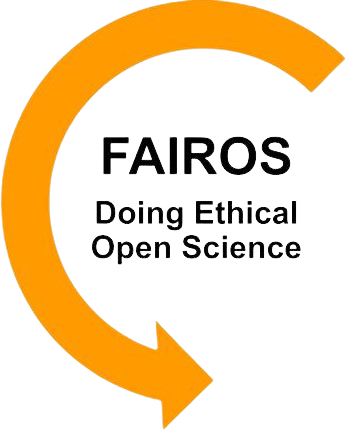Key Terms
The CARE principles (Collective Benefit, Authority to Control, Responsibility and Ethics) were formulated by Stephanie Russo Carroll, Ibrahim Garba, Oscar L. Figueroa-Rodriguez and other members of the Research Data Alliance's International Indigenous Data Sovereignty Interest Group, in order to help navigate the tension between 1) protecting Indigenous rights and interests in Indigenous data, and 2) supporting open data. The CARE principles build on a tradition of advocacy for Indigenous Peoples' sovereign rights, and assert that
- the use of Indigenous data must yield collective benefit for Indigenous Peoples
- the authority to control who has access to Indigenous data must lie with Indigenous Peoples
- those who use Indigenous data must recognize their responsibility to build reciprocal relationships with the communities from which the data derive, and
- the use of Indigenous data must occur in a fundamentally ethical framework.
The FAIR principles (Findable, Accessible, Interoperable, and Reusable) were formalized by Mark D. Wilkinson, Michael Dumontier, IJsbrand Jan Aalbersberg and other participants at the 'Jointly Designing a Data Fairport' Workshop in Leiden, Netherlands, 2014. These data-centric principles assert that data should be easily findable and described with rich metadata, universally accessible and free to use, interoperable among different data ecosystems, and able to be reused for future scientific analysis.
The Quaternary research community is a network of scientists and data managers who study the archaeology, climate, and ecology of the Quaternary period, a division of the Cenozoic Era. The Quaternary period began with the Pleistocene Epoch 2.58 million years ago and continues today, and is characterized by long cold ice ages interrupted by short warmer interglacial ages.
